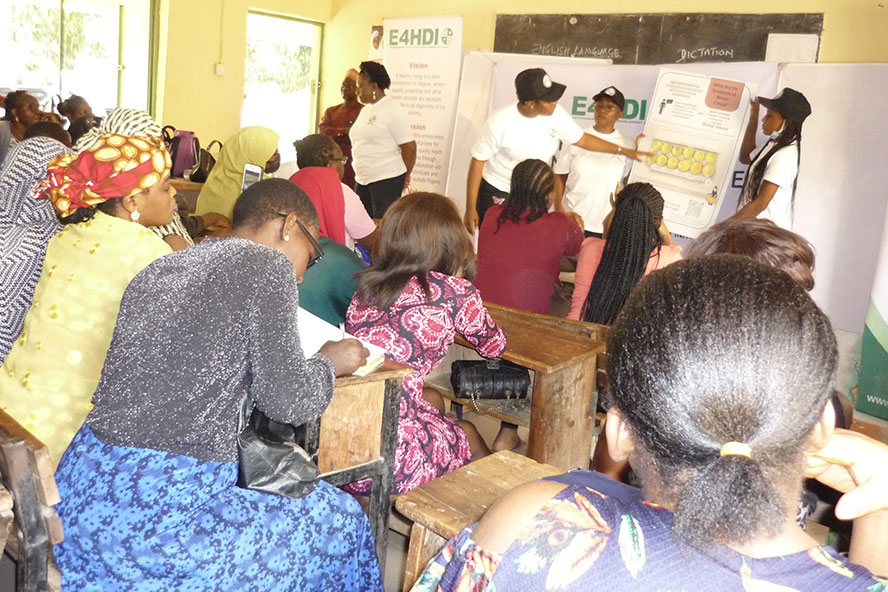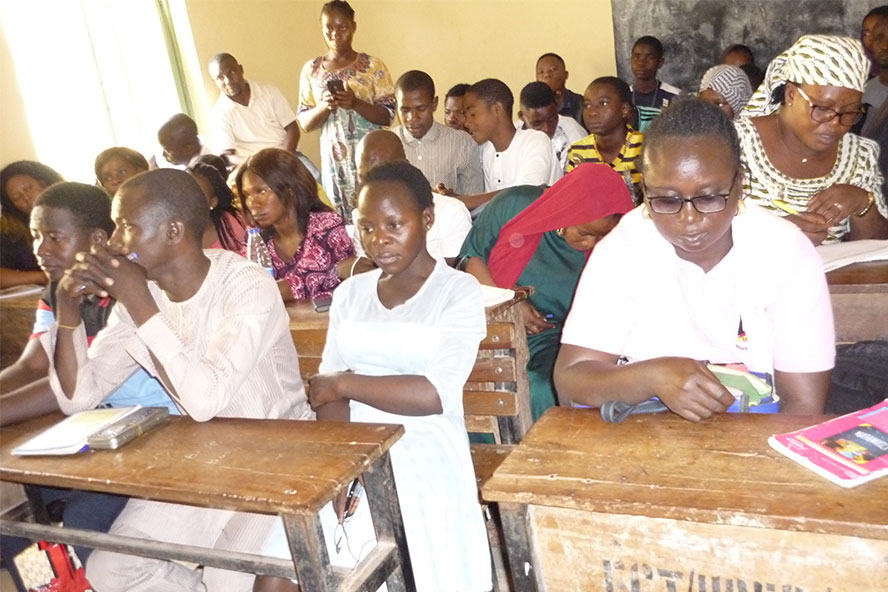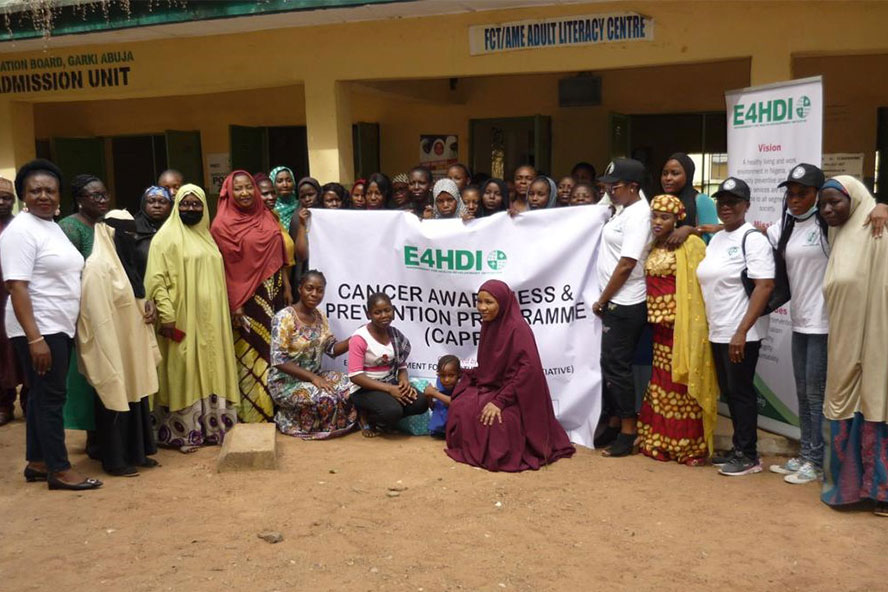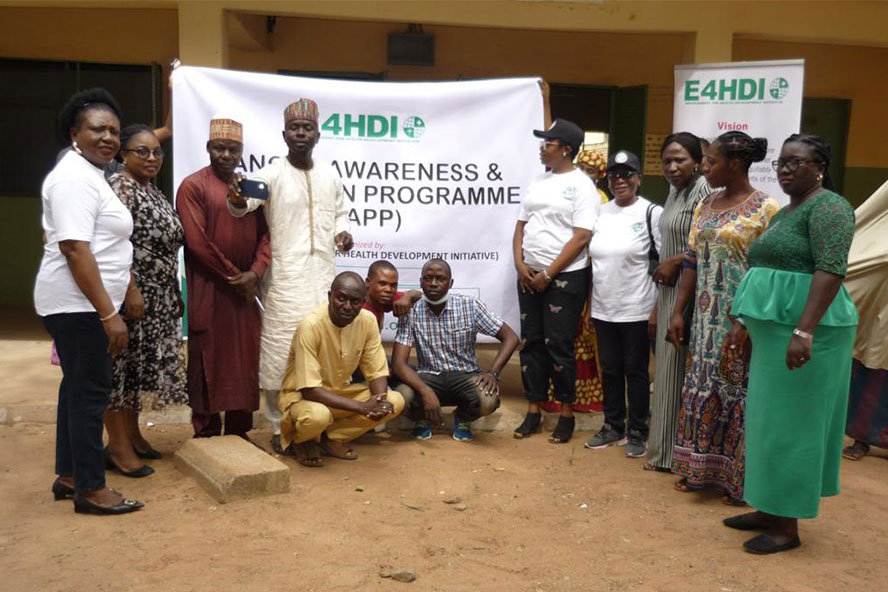Cervical and breast cancers are the foremost common cancers among women in developing countries and it is contributing to high morbidity and mortality. Cervical cancer is the fourth most common cancer in women while Breast cancer is the most common invasive cancer and the second leading cause of cancer death in women.

Research has shown that breast and cervical cancers are responsible for approximately 50.3% of all cancer cases in Nigeria (Globocan 2012 data). Particularly challenging is that the mortality ratio of cancer in Nigeria is high when compared to other countries. For instance, in America, 19% of all breast cancer cases result in death, this percentage is about 51% in Nigeria, more than double the rate seen in the United States. Even though both cancers if diagnosed and treated early have a better prognosis, studies conducted in Nigeria showed that a significant percentage of women present at a late stage, and this can be attributed to low level of awareness, cultural and religious beliefs, poor access to healthcare, low levels of literacy, high rates of poverty to mention a few.

E4HDI with technical support from BIO Ventures for Global Health organised Cancer Awareness and Prevention Programme (CAPP) at Adult Literacy Class, Area 1, Abuja on the 15th of March 2022 to educate and improve the understanding of women on cancer, the risk factors, and benefits of early detection. The objective of the programme was to provide women with accurate and up-to-date information about cervical and breast cancer, especially about the prevention, early detection, and treatments, and to educate them on how to conduct breast self-examination for early detection of breast cancer.
During the programme, the Director, Knowledge Management and Partnership, Ms Chinyere Nzeduru, in her opening remarks appreciated the participants for their time and encouraged participants to make use of the information and recommendations shared during the programme.
The Programme Manager, Ms Janet Ewa Abutu educated the participants on general cancer, breast, and cervical cancer. She opined that cancer occurs in people of all ages and can affect any part of the body. It starts with a genetic change in a single cell, which then grows uncontrollably into a mass (or tumour), invades other parts of the body, and, if left untreated, causes harm and death. Further, she stated that cancer is not an infectious disease meaning it is not transmissible. Early detection and a better understanding of Cancer increase survival. She went ahead to state the risk factors, and how cancer can be prevented and treated. Subsequently, she demonstrated to the women how to conduct self-examination to detect breast cancer and encouraged them to visit government hospitals to screen for cervical cancer. She reiterated the need for participants to visit the hospital whenever there are unexplainable changes in their bodies and to avoid self-medication.

57 people comprising 35 females and 22 males had improved knowledge of general cancer, breast, and cervical cancer and IEC materials on breast cancer were distributed.
Cancer awareness among the general public is critical and serves as the foundation for developing a cancer-control strategy. There is a need for periodic screening and lifestyle modification as preventive measures against cancer.

